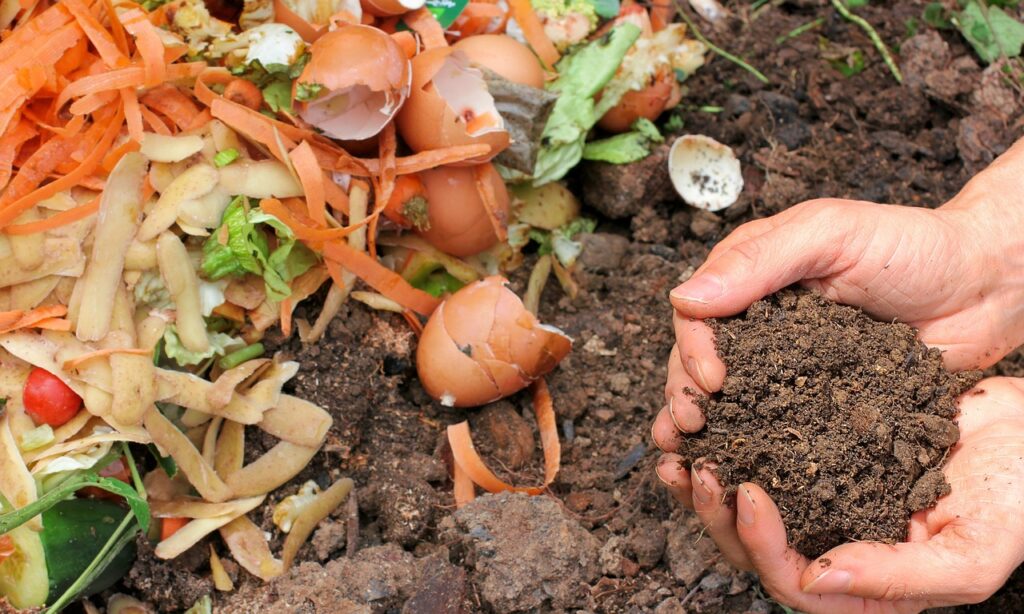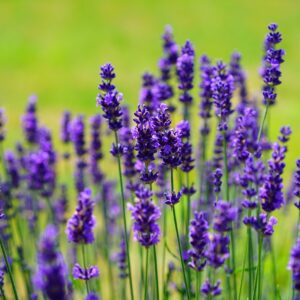Are you looking to maximize your crop yields and improve the health of your plants? Then understanding the role of fertilizers is crucial.
In this article, we will explore the benefits and drawbacks of both organic and chemical fertilizers, helping you make an informed decision for your farming or gardening needs.
Organic fertilizers, derived from natural sources such as compost and manure, offer numerous advantages. They improve soil structure, promote microbial activity, and provide slow-release nutrients, ensuring long-term plant health. However, they may have lower nutrient content and take longer to break down, delaying the availability of nutrients to plants.
On the other hand, chemical fertilizers offer precise nutrient ratios and quickly deliver essential elements to plants. They are highly concentrated, allowing for efficient use and rapid results. However, their overuse can lead to nutrient imbalances, soil degradation, and groundwater pollution.
Understanding the environmental impact of fertilizer use is crucial. Both organic and chemical fertilizers have their own effects on water quality, greenhouse gas emissions, and biodiversity.
By the end of this article, you will have the knowledge to choose the right fertilizer that aligns with your goals and values.
So, let’s dive in and explore the fascinating world of fertilizers!
Understanding Nutrient Requirements in Agriculture
Understanding the nutrient requirements in agriculture is crucial for you, as a farmer, to maximize your crop yields and maintain sustainable farming practices. By knowing the specific needs of your crops, you can provide them with the right amount of nutrients they require to grow and thrive.
Different crops have different nutrient requirements, and it is important to understand the specific needs of each crop you’re growing. This knowledge will help you determine the type and amount of fertilizers to use.
Organic fertilizers, such as compost and manure, are derived from natural sources and provide a slow release of nutrients to the soil. On the other hand, chemical fertilizers are manufactured and provide an immediate release of nutrients.
By understanding the nutrient requirements of your crops, you can make informed decisions about the type of fertilizers to use, ensuring optimal crop growth and minimizing negative environmental impacts.
Benefits and Drawbacks of Organic Fertilizers
Exploring the advantages and limitations of using organic fertilizers can elicit an array of emotions in the audience.
On one hand, organic fertilizers have numerous benefits. They are derived from natural sources, such as compost or animal manure, which makes them environmentally friendly. Organic fertilizers also improve soil structure and promote beneficial microbial activity. Additionally, they release nutrients slowly, providing a steady supply to plants over time.
However, there are drawbacks to consider. Organic fertilizers tend to have lower nutrient concentrations compared to chemical fertilizers, which may require larger quantities for desired plant growth. They can also be more expensive and time-consuming to produce. Moreover, organic fertilizers may contain pathogens or weed seeds if not properly processed.
Understanding these advantages and limitations can help farmers make informed decisions about using organic fertilizers in their agricultural practices.
Advantages and Disadvantages of Chemical Fertilizers
If you’re looking for a quick and convenient way to boost plant growth, chemical fertilizers can be a tempting choice, but be prepared for the potential negative consequences.
One advantage of chemical fertilizers is their ability to provide nutrients in a readily available form to plants. They are also easily customizable, allowing you to adjust the nutrient ratios based on specific plant needs. Chemical fertilizers are highly effective in promoting rapid growth and increasing crop yields.
However, there are several disadvantages to consider. Chemical fertilizers can harm the environment, as their excessive use can lead to water pollution and damage to ecosystems. They can also deplete the soil of essential nutrients over time, making it less fertile. In addition, their synthetic nature may pose health risks to humans and animals.
It is important to carefully weigh the advantages and disadvantages before deciding to use chemical fertilizers.
Environmental Impact of Fertilizer Use
To truly grasp the environmental impact of fertilizer use, you must realize that excessive reliance on chemical options can lead to severe consequences.
Chemical fertilizers not only contribute to water pollution but also disrupt the balance of ecosystems. When these fertilizers are applied in excessive amounts, they can leach into groundwater and contaminate drinking water sources.
Furthermore, the runoff from fields treated with chemical fertilizers can enter nearby rivers and lakes, causing harmful algal blooms and endangering aquatic life.
In addition, the excessive use of chemical fertilizers can lead to soil degradation, as they can disrupt the natural nutrient cycling process and reduce the soil’s ability to retain water. This can result in soil erosion and decreased fertility over time.
It is crucial to consider the environmental impact when choosing fertilizers and to explore organic alternatives that promote sustainable agriculture practices.
Choosing the Right Fertilizer for Your Needs
When it comes to choosing the right fertilizer for your needs, it’s important to consider the specific requirements of your plants and the desired results you want to achieve.
Organic fertilizers, derived from natural sources such as compost, manure, and bone meal, provide a slow-release of nutrients that can improve soil structure and microbial activity. They are a great option for long-term soil health and sustainability.

On the other hand, chemical fertilizers, made from synthetic materials, offer a quick and concentrated nutrient boost for plants. They are more suitable for short-term solutions and immediate plant growth. However, they can also lead to soil degradation and water pollution if used excessively.
Ultimately, the choice between organic and chemical fertilizers depends on your gardening goals, environmental concerns, and the specific needs of your plants.
Conclusion
So there you have it, when it comes to fertilizers, it’s important to weigh the pros and cons of both organic and chemical options.
Organic fertilizers offer natural nutrients and improve soil health, but may take longer to see results.
Chemical fertilizers provide quick and targeted nutrient delivery, but can have negative environmental impacts.
Ultimately, the choice of fertilizer depends on your specific needs and goals as a farmer or gardener.
Consider factors like cost, availability, and environmental concerns to make an informed decision.
Happy growing!





